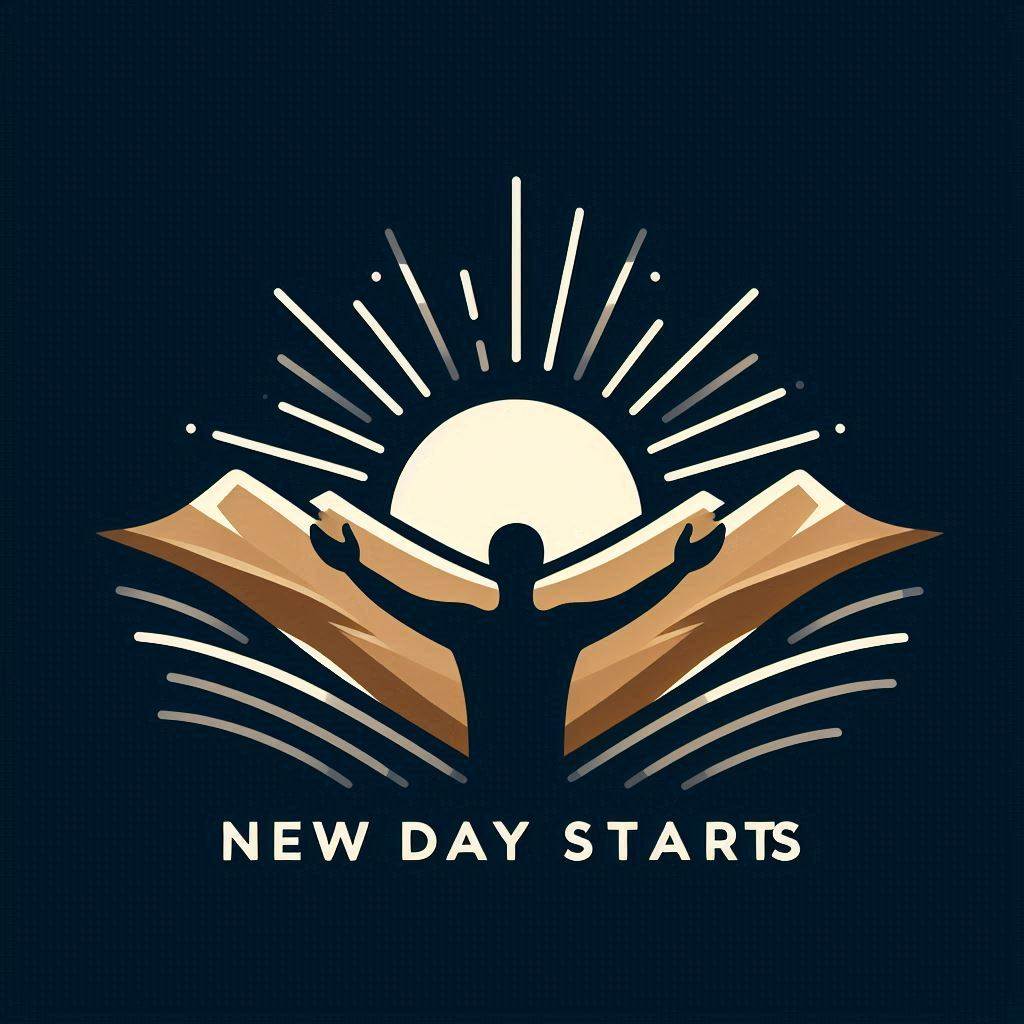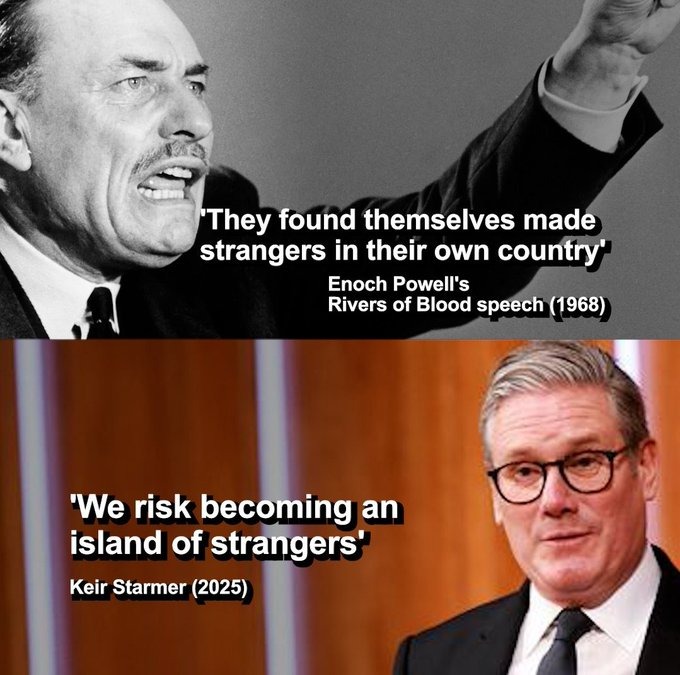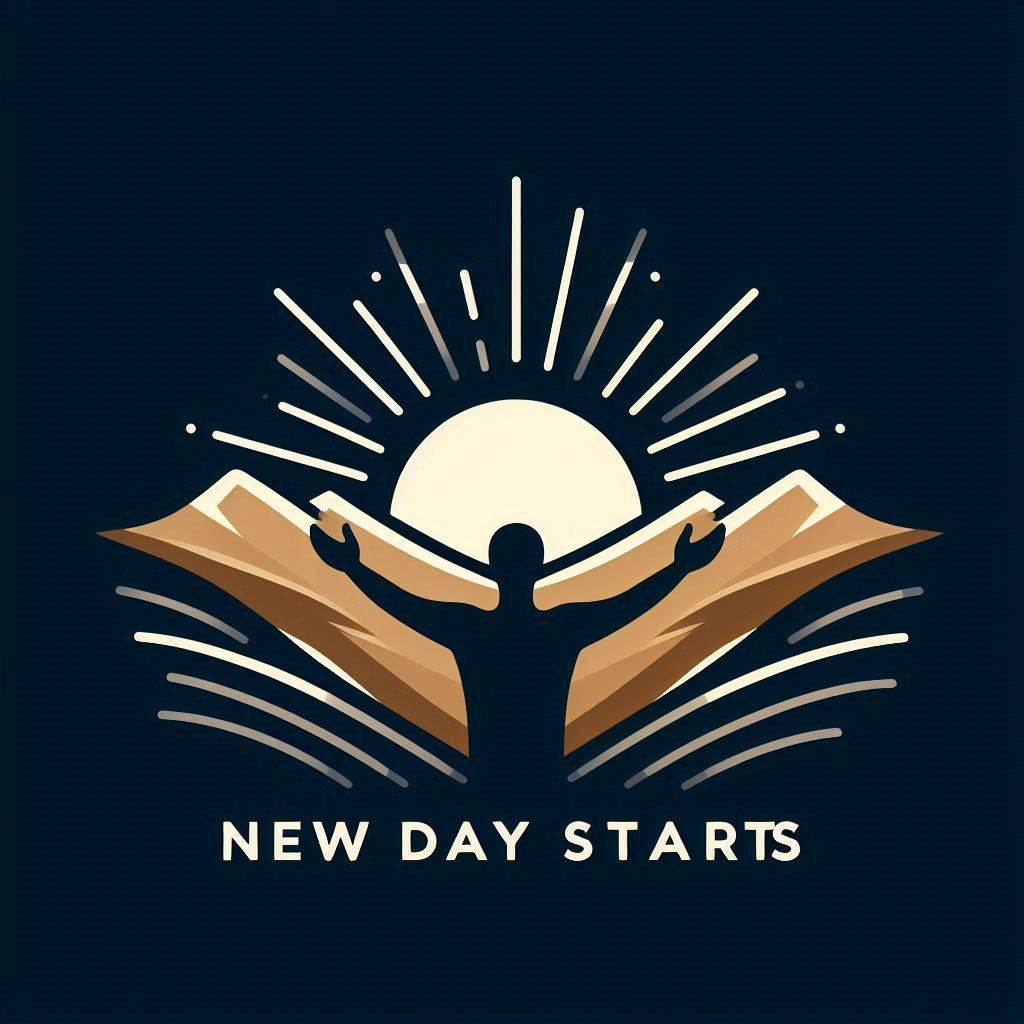We sadly live in a time where disagreement is often seen as a threat rather than an opportunity. Social and political divisions have grown deeper, and with them, a tendency to retreat into echo chambers—spaces where our views are reinforced, never challenged, and where those who think differently are dismissed or vilified.
I’m a strong advocate for doing the opposite. I believe deeply in the value of engaging with opposing views, especially when that engagement is grounded in genuine curiosity and empathy. It’s not easy. It requires humility, patience, and a willingness to sit with discomfort. But it’s one of the most effective tools we have to challenge our assumptions, humanise the other, and uncover the deeper roots of fear, anger, and hate.
Understanding the “Why” Behind the Belief
When someone expresses a belief that feels offensive, extreme, or flat-out wrong, it’s natural to recoil. But if we stop at rejection, we miss the opportunity to ask a more meaningful question: Why do they believe this?
People don’t adopt harmful ideologies in a vacuum. Often, these views are shaped by layers of personal experience—trauma, fear, isolation, misinformation, or a deep yearning to belong. It’s not an excuse for bigotry or hate, but it is a starting point for understanding what drives it.
Listening doesn’t mean agreement. It doesn’t mean compromising your values or accepting harm. But listening with empathy—truly seeking to understand—can help us see the human behind the headline or the hashtag. And in that space, something remarkable can happen: compassion. Even for people we profoundly disagree with.
The Role of Productive Conversation
Be prepared that not every conversation will lead to change. Some may be frustrating, even painful. But the goal isn’t always to persuade—it’s to connect. A productive conversation is one in which both people feel heard, even if no one changes their mind. It’s about creating a space where ideas can be explored, rather than weaponised. Where listening matters more than winning.
In these spaces, transformation is possible. Not just for the person you’re engaging with, but for yourself. Your own beliefs become sharper, your thinking more resilient. You begin to see the world through a wider lens.
This doesn’t mean tolerating abuse or opening yourself up to harm. Boundaries are essential. It’s okay to disengage when a conversation turns toxic or unsafe. But when the opportunity for real dialogue arises—when someone is open to being heard, and perhaps hearing you in return—that’s a door worth stepping through.
Resisting the Urge to Dehumanise
There’s a paradox at the heart of polarisation: in opposing dehumanisation, we sometimes dehumanise in return. We see those on “the other side” as ignorant, evil, or beyond redemption. We write them off, ridicule them, or cut them out of our lives entirely.
And yet, that very act mirrors the problem we’re trying to confront. Dehumanisation, even in response to harmful beliefs, only deepens the divide. It makes meaningful change less likely, not more.
To resist hate without becoming hateful ourselves is a quiet kind of courage. It means holding both compassion and accountability. It means seeing the humanity in others, even when they can’t see it in you.
A Personal Commitment
This approach isn’t theoretical for me—it’s personal. I’ve had conversations that challenged me to my core. I’ve listened to people express beliefs I found abhorrent, and I’ve asked questions rather than shutting them down. Sometimes the conversation led nowhere. Sometimes, it led to connection. Occasionally, it sparked reflection on both sides. But it always reminded me of one thing: people are more than their worst opinions.
I don’t believe we can shout or shame our way to a better world. But I do believe we can talk our way there—slowly, imperfectly, and with compassion as our guide.
Call to Action
So here’s my challenge: the next time you encounter a viewpoint that angers or confuses you, resist the urge to immediately argue or disengage. Instead, pause. Take a breath. Ask a question.
“What brought you to that belief?”
“How do you see the world through that lens?”
“Would you be open to hearing how I see it?”
Not everyone will respond with openness. Some won’t be ready. That’s okay. But some will. And in those moments, you’re not just having a conversation—you’re building a bridge.
Let’s choose dialogue over division. Curiosity over certainty. Humanity over hate. One conversation at a time, we can begin to reshape how we see each other—and what’s possible when we truly listen.






